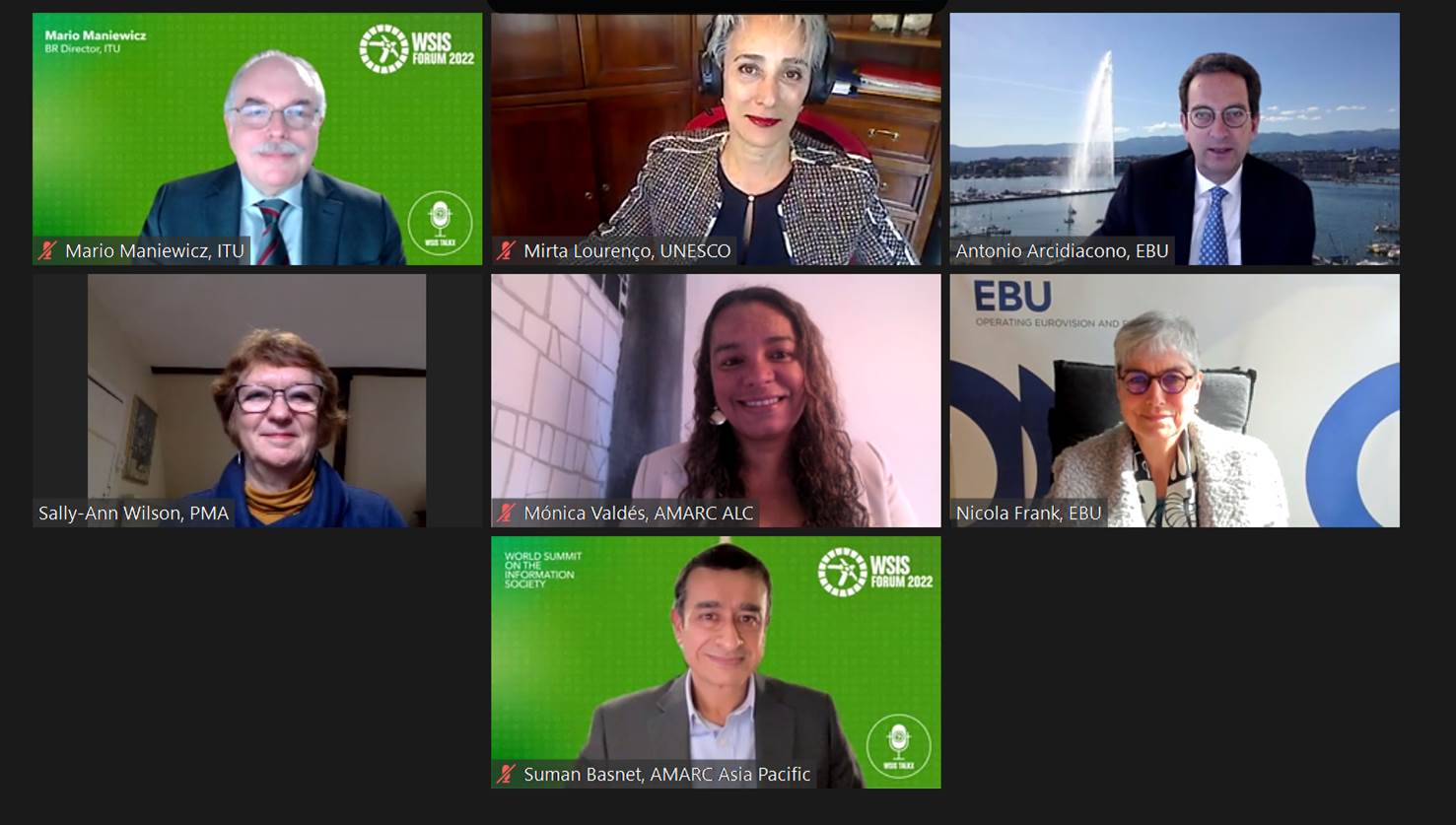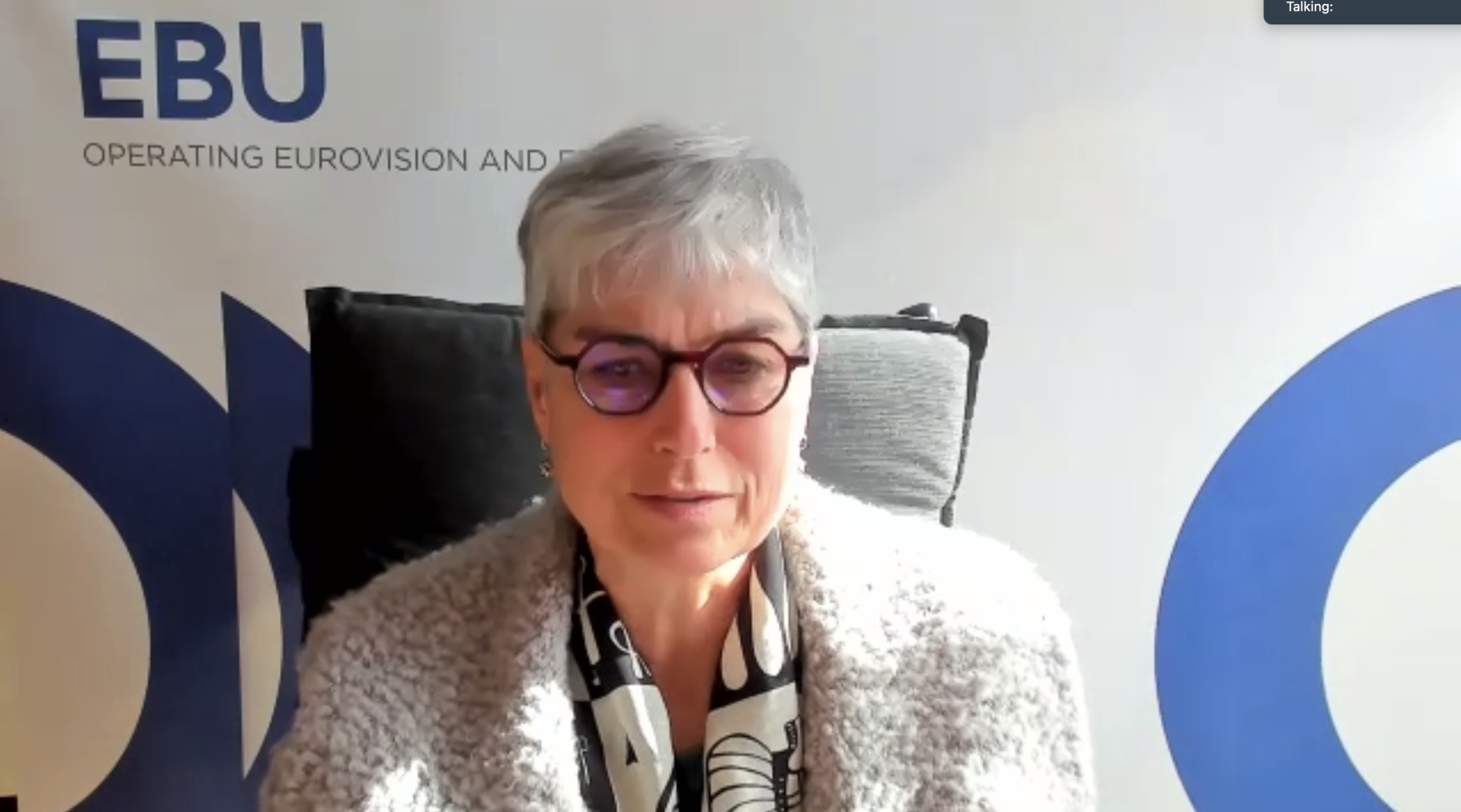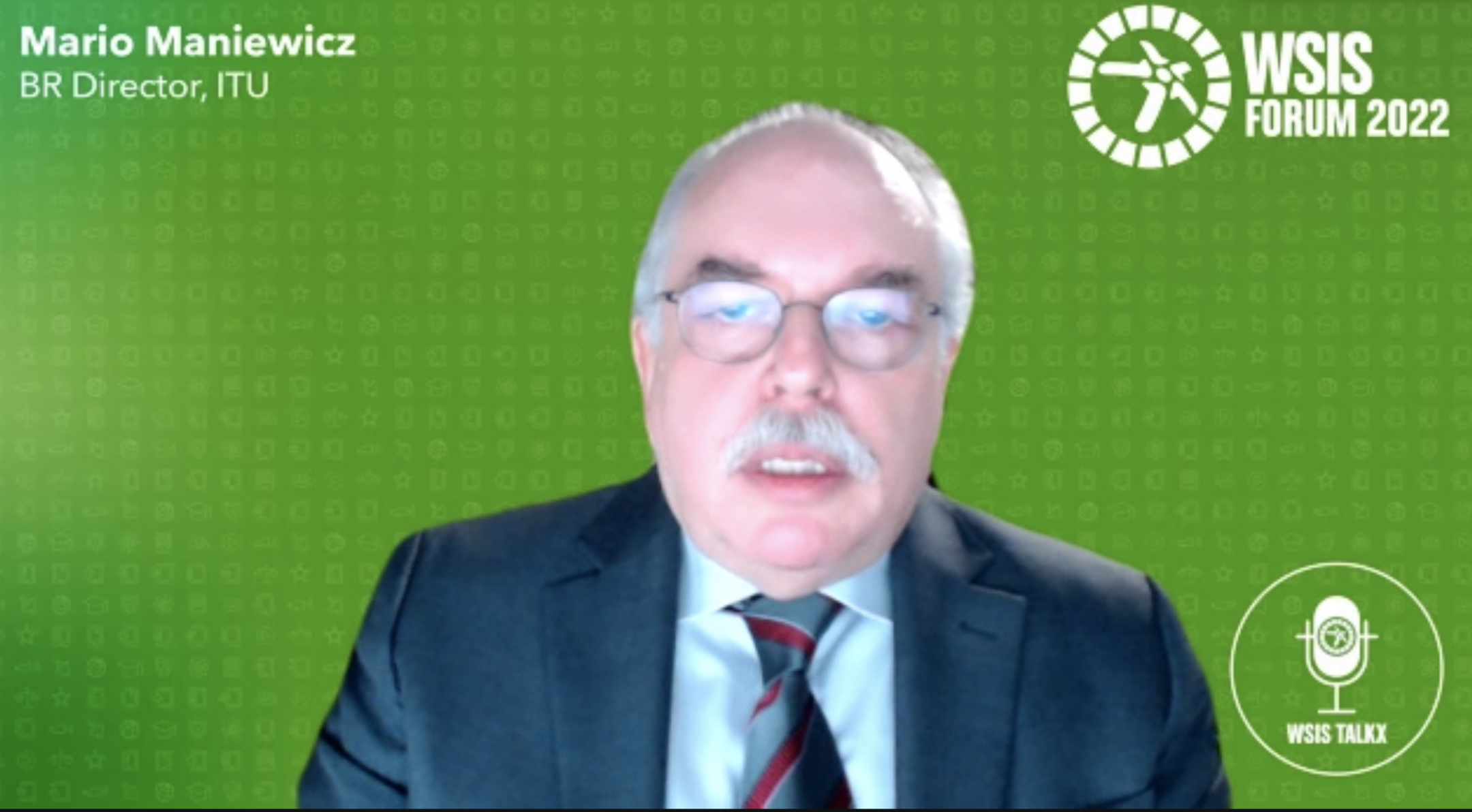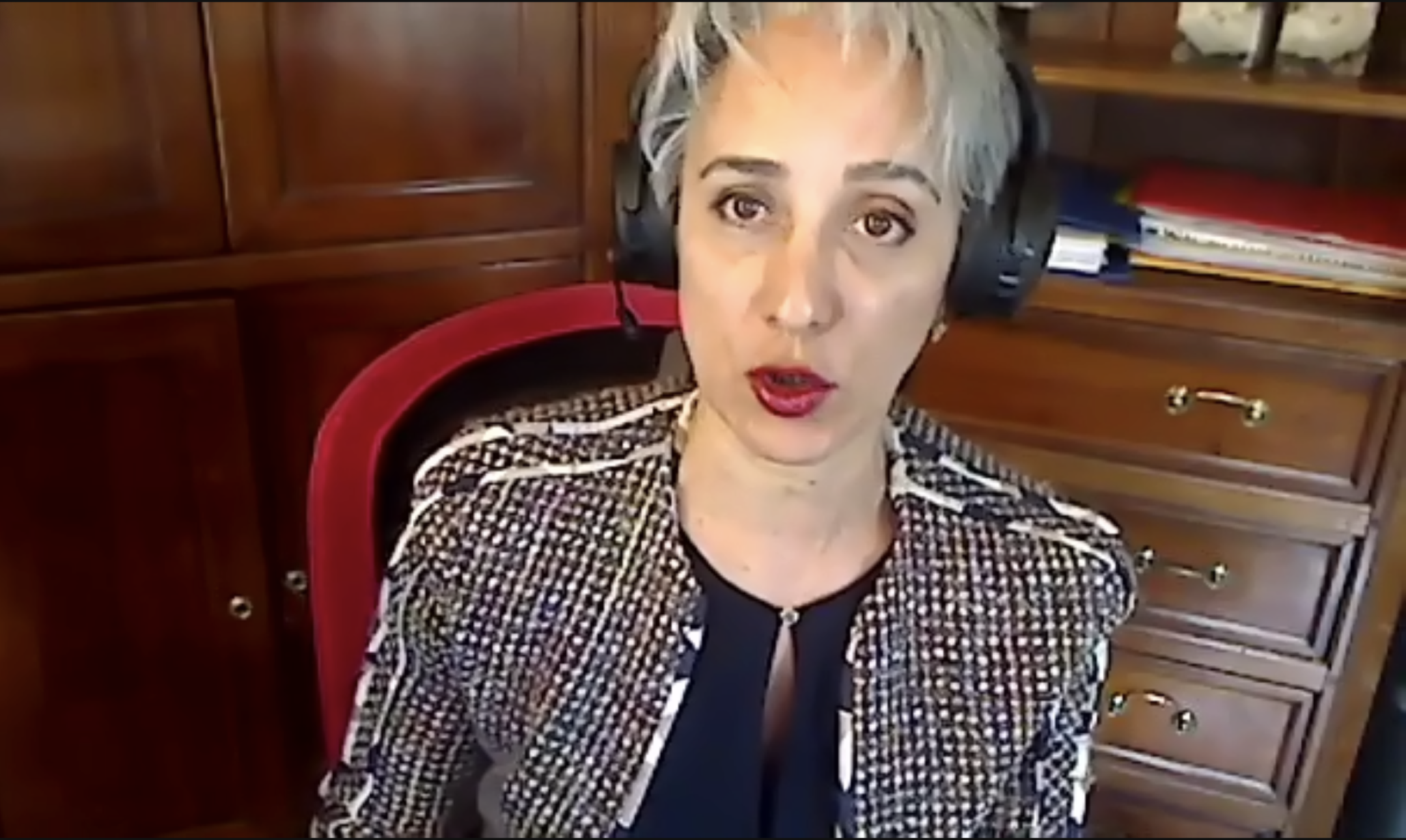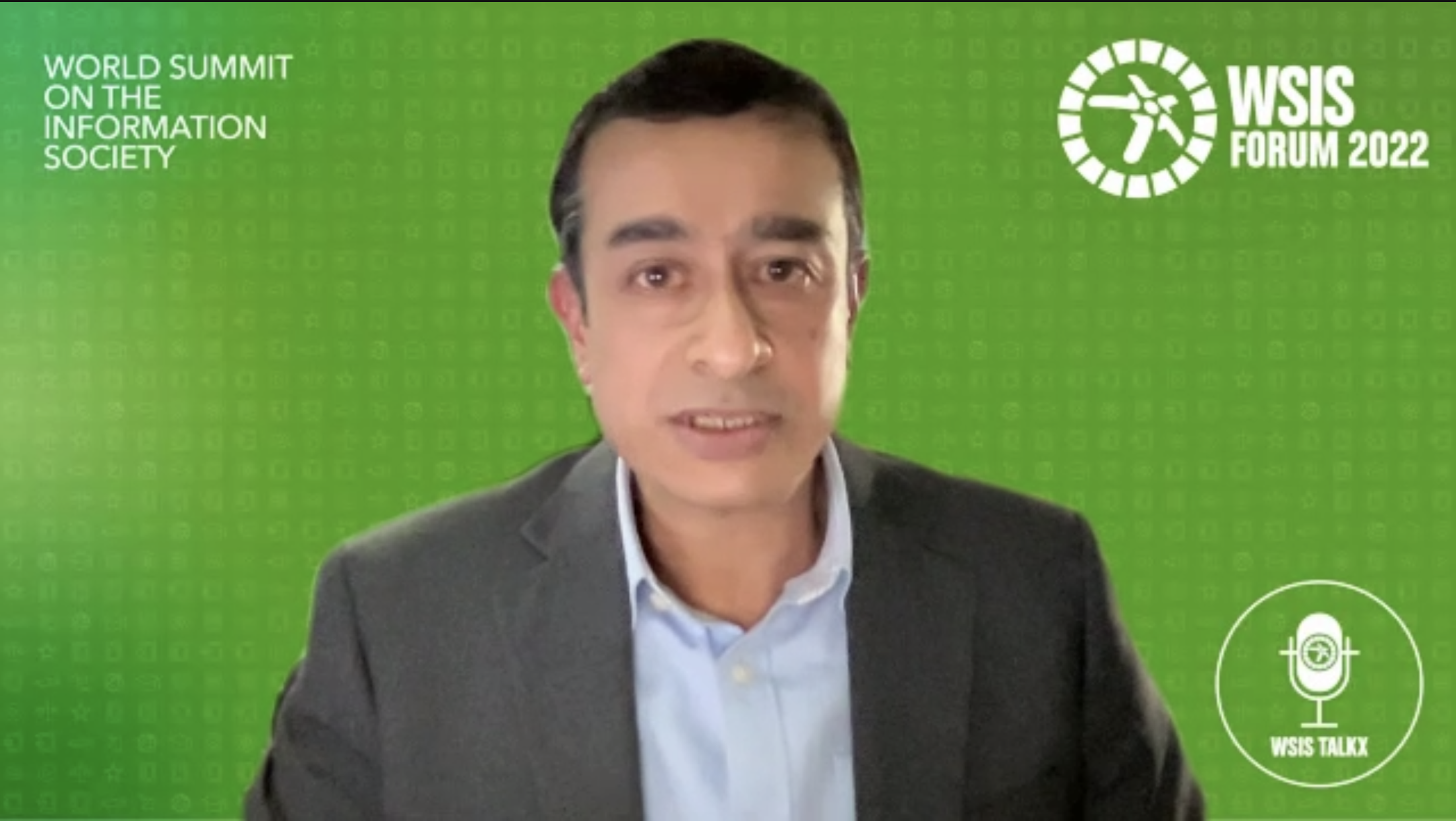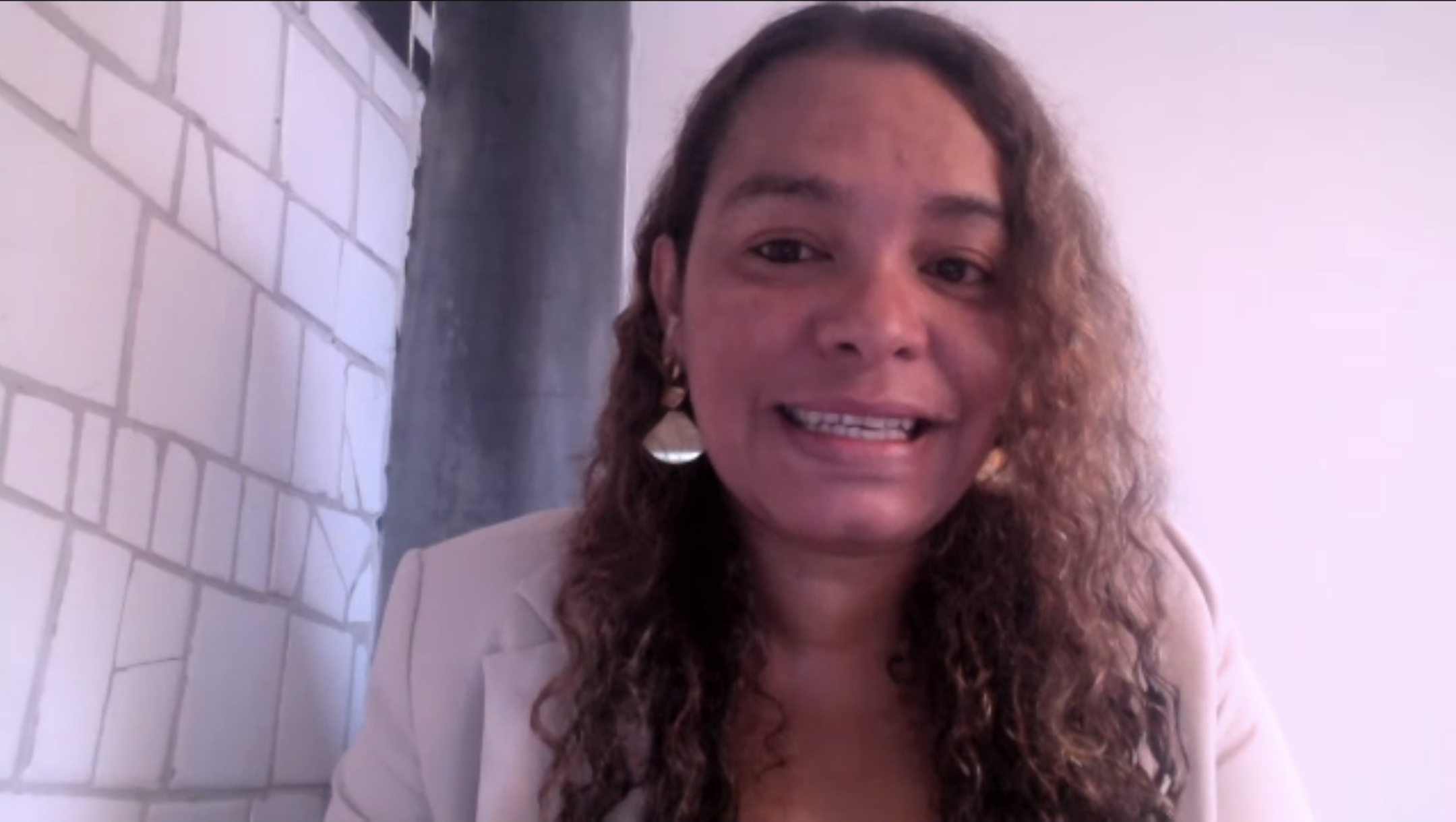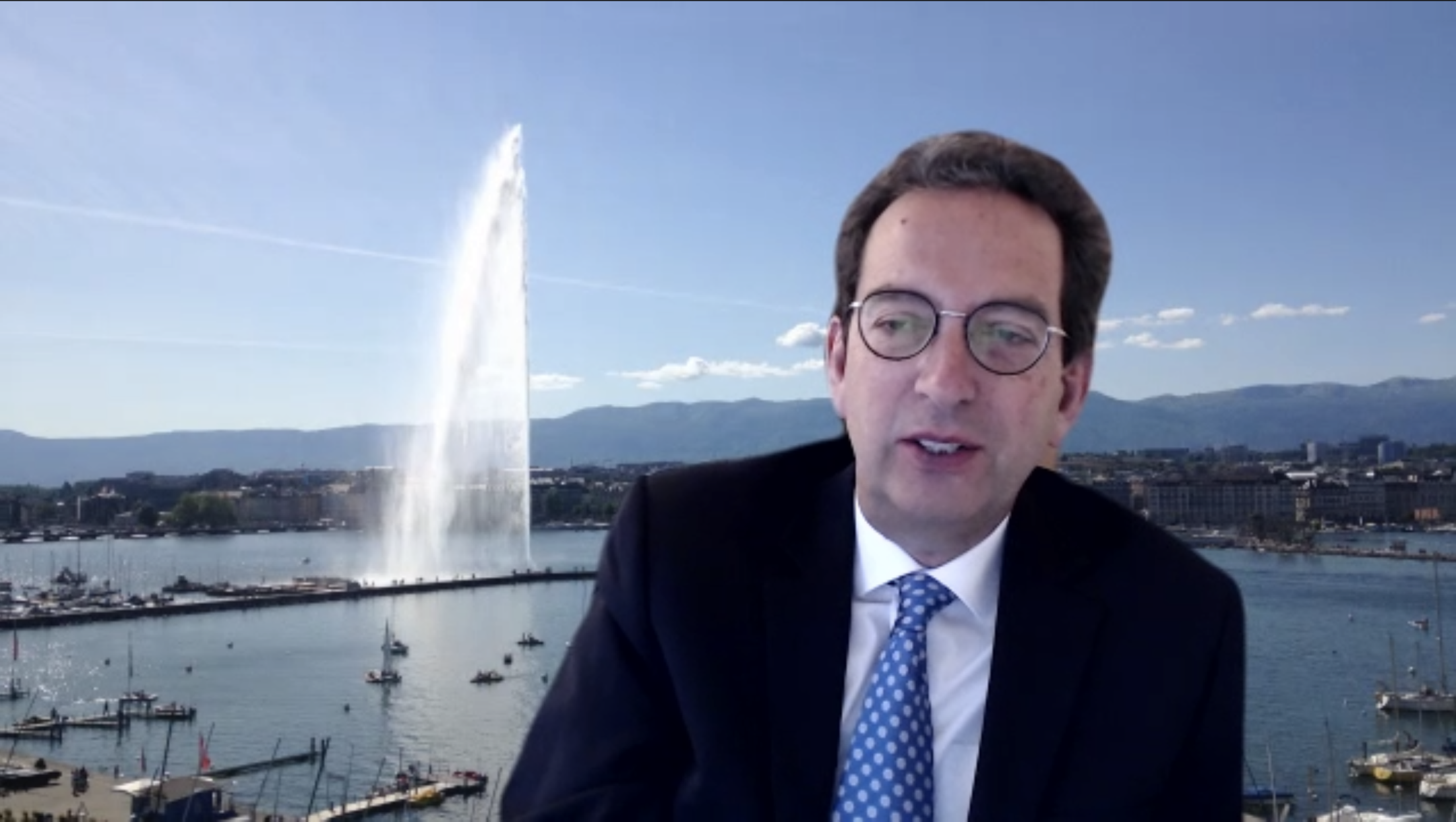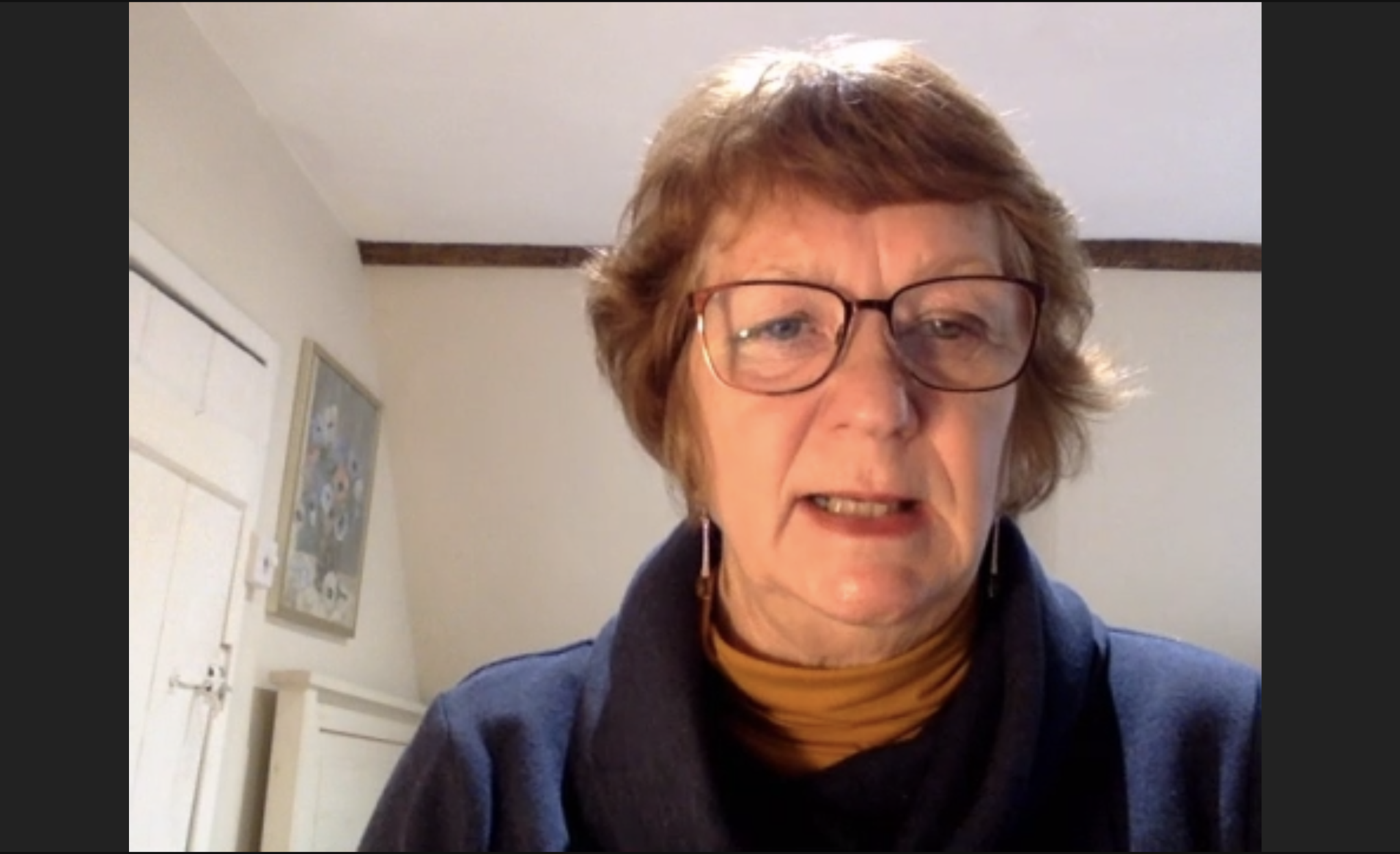WSIS TalkX: World Radio Day
International Telecommunication Union (ITU) - UNESCO
Session 119
Radio and Trust
There are many ways for people to get their daily news and information, one of them is through radio. While digital technology is prevalent in today’s world, radio remains the primary source of information for most people in the world.
Throughout the years, radio serves as an important medium of communication as it provides affordable access to information – be it education, sports, global affairs, cultures, to emergencies/disaster alerts – that reaches many people, even in the remote areas.
Highlighting the role of radio and how it shapes peoples’ lives, UNESCO proclaimed the celebration of World Radio Day that is observed every year on 13 February. The theme of World Radio Day 2022 is “Radio and Trust”, in recognition of radio’s standing as one of the most trusted and widely used media.
WSIS-ITU together with UNESCO are jointly organising this session to celebrate the World Radio Day 2022. Proclaimed in 2011 by UNESCO Member States, and adopted by the United Nations General Assembly the following year as an International Day, World Radio Day is celebrated on 13 February to mark the date that United Nations Radio was established in 1946. ITU has played a crucial role in advancing the role of radio by establishing and updating international regulations on the use of the radio-frequency spectrum and satellite orbits. For this purpose, ITU organizes World Radiocommunication Conference every four years bringing together governments, regulatory agencies, and industry representatives to update ITU Radio Regulations. UNESCO’s mandate supports networking and international cooperation among broadcasters; strengthens capacities and access to information through radio be it public, private or community radio; and raises greater public awareness and engagement around the services that radio renders to humanity across different technological platforms.
This session will feature an interactive panel discussion with various stakeholders to highlight the impacts of radio in the rapidly digital world until today, particularly during the pandemic. It will also look at approaches on how to maintain and improve information and knowledge societies trust in ICTs and radio communication.
This session is organised in the framework of WSIS TalkX and is aligned with WSIS Action Lines and the UN Sustainable Development Goals.
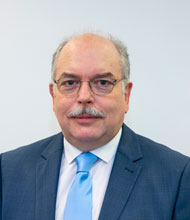
Mr Mario Maniewicz was elected Director of the ITU Radiocommunication Bureau at the ITU Plenipotentiary Conference 2018 in Dubai, United Arab Emirates. He took office on 1 January 2019.
Mario Maniewicz is an electronic engineer specialized in telecommunications. He has been with the ITU for over 30 years, where he has served in high-level management positions in the Radiocommunication and Development Sectors as well as in ITU Regional Offices.
As Director, Mr. Maniewicz is responsible for the management of the Radiocommunication Bureau which organizes and co-ordinates the work of the Radiocommunication Sector whose aim is to ensure the rational, equitable, efficient and economical use of the radio-frequency spectrum and satellite orbits.
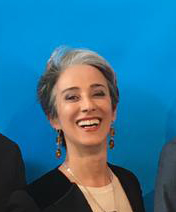
Mirta Lourenço is Chief for Media Development and Media and Information Literacy at the United Nations Educational, Scientific and Cultural Organization (UNESCO). Prior to UNESCO she held different positions handling mass communication strategies, for both private companies and non-profit organizations. She holds the DESS degree from La Sorbonne University in Social and Political Communication (Diplôme d’études supérieurs spécialisées en communication politique et sociale), a Master’s Degree and post-Master’s studies in Communication and Information from the University of Stockholm, and a Master’s degree from the University of Buenos Aires. She speaks five languages and has authored a number of articles.

Suman Basnet is a media professional from Nepal. He currently serves as the Asia-Pacific Regional Director of the World Association of Community Radio Broadcasters (AMARC). He works closely with community broadcasters and advocates of freedom of expression to promote people’s right to broadcast, to strategize for people’s participation, and to promote sustainability of community radios. Policy advocacy, supporting marginalized communities to access community broadcasting, promotion of gender diversity in community radios, technological adaptation, network development and using community radios for disaster risk reduction are some of his main areas of work.
In addition to organizing numerous international seminar and conferences in different parts of the world, Suman has spoken in international symposiums, workshops and seminars on issues ranging from media legislation to community participation, and from sustainable growth of community media to building alliances with social movement in the Asia-Pacific region.
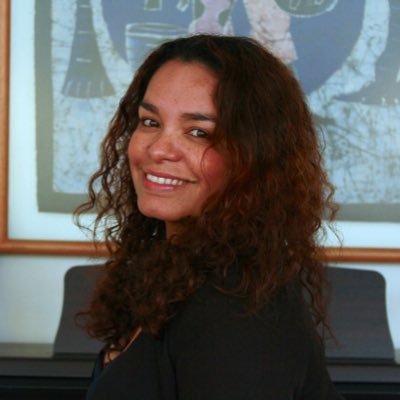
Journalist, anthropologist.
Master in communication.
She is currently coordinator of radio and sound content in the communications strategy of the Truth Commission from Colombia.
She is president of the World Association of Community Radio Broadcasters in Latin America and the Caribbean (AMARC ALC) and has been a consultant for various narrative strategies in the construction of territorial peace and human rights.

Antonio is Director of Technology & Innovation at the European Broadcasting Union. He has extensive experience in conceiving, developing and taking new products and services to market. Since joining the EBU in September 2018, Antonio has launched several initiatives designed to leverage the collective expertise and momentum of the EBU Membership for technology innovation, deliver key building blocks for the digital transformation of public service media, and strengthen collaboration between PSM, European policy initiatives, start-ups and academic institutions.
Two of Antonio’s most recent initiatives are the 5G Media Action Group (5G-MAG) and EuroVOX. 5G-MAG currently counts 40 members from the industry and aims to ensure future 5G standards are fit for purpose in media production and distribution. EuroVOX is a collaborative project of the EBU and several of its Members that aims to break down language boundaries for users and content. It consists of an open framework upon which services can be built, and a set of tools for media creators, such as speech-to-speech translation.
Antonio previously worked as Director of Innovation and a Member of the Management Committee at Eutelsat; the European Space Agency; Telespazio, and Selenia Spazio.
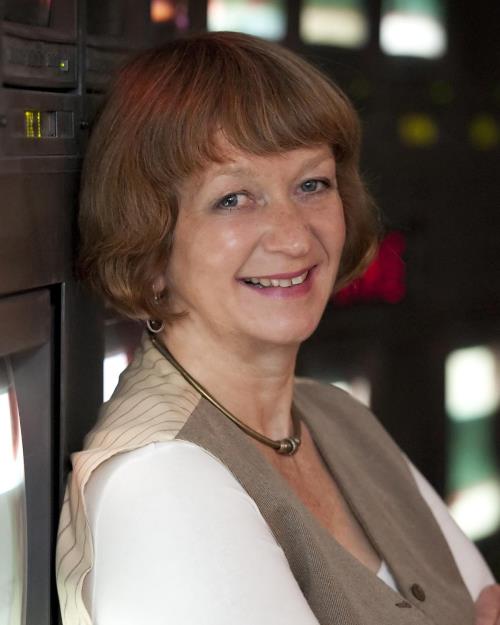
Sally-Ann Wilson BA MPhil DBA [HC] since 2010 she has been CEO of the Public Media Alliance [PMA], the largest global association of public broadcasters. PMA provides support and advocacy for public media worldwide. Following a career as a TV documentary producer she went on to become a Broadcast Executive in a variety of management roles. She holds a degree in Development Studies and an MPhil in Cultural Ecology alongside an Honorary Doctorate from the University of Bedfordshire, for services to international broadcasting. But radio remains her first love, having started her career in BBC Local Radio-news and documentary.
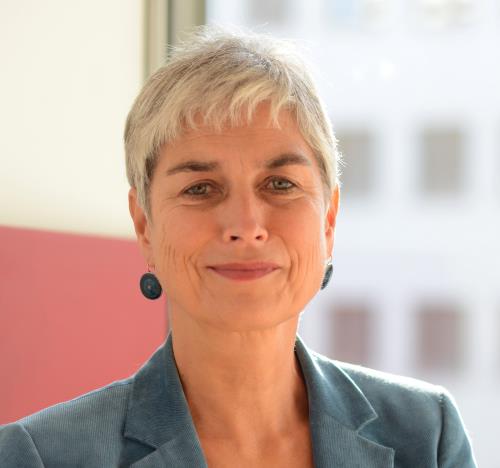
In March 2020 Nicola Frank took up the role of the European Broadcasting Union’s (EBU) Head of Institutional and International Relations. From 2009 to 2020 she represented the EBU and Public Service Media at EU level, as Head of the EBU’s Policy office in Brussels. She joined the European Broadcasting Union in 1998.
She started her career in the European Commission in 1990 where she was responsible for an Information and Communication Programme towards the Mediterranean and the Near and Middle East. In 1996 she joined Media and Entertainment International, the international federation of media and entertainment trade unions, as Deputy General Secretary.
Nicola took an M.A. in Islamic Studies, Modern History and French Literature.
